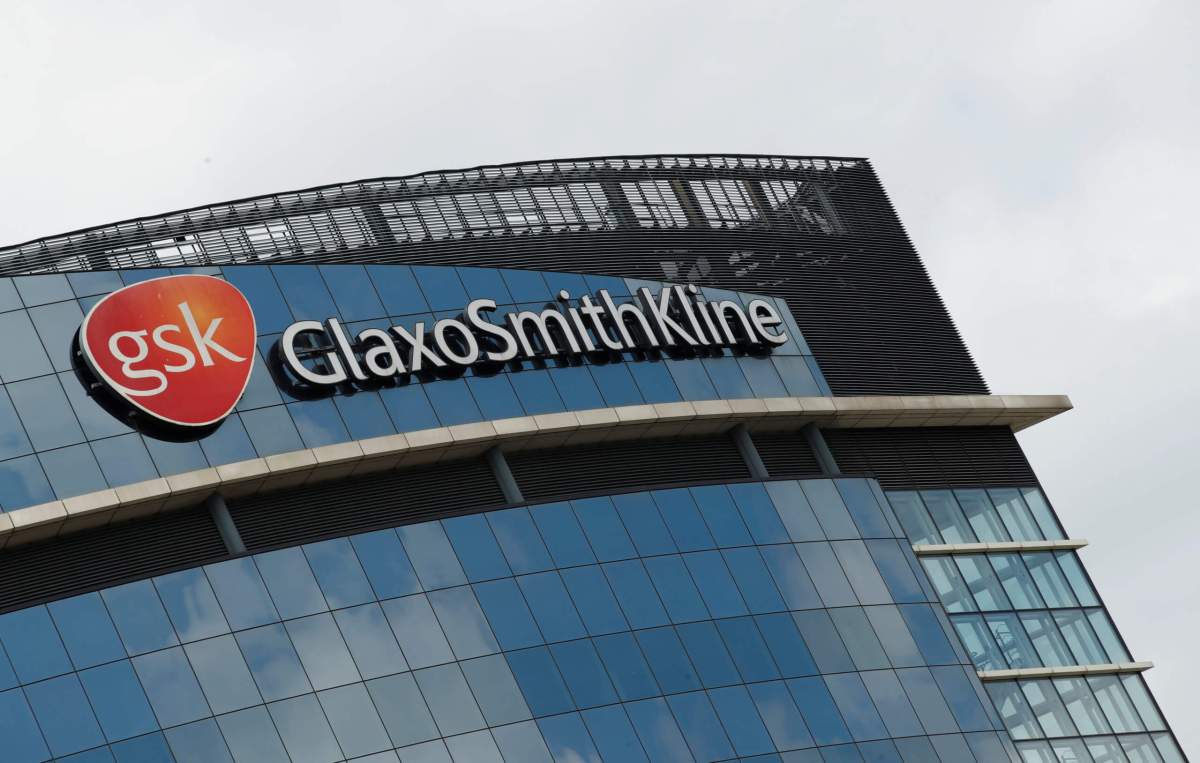A clinical trial examining the effectiveness of a PrEP injection administered once every other month ended early after it not only showed promising results, but significantly outperformed the HIV prevention medication that comes in a pill form.
The trial, funded by both ViiV Healthcare and the National Institute of Allergy and Infectious Diseases within the National Institutes of Health, centers on a potential new HIV prevention drug that differs from Truvada, the drug combination that is taken orally for the same purpose. The injection contains cabotegravir, a long-lasting antiretroviral, and would only need to be taken once every two months — a much less rigorous requirement compared to Truvada, which is intended for daily use or, in specific circumstances, on an as-needed basis.
The trial was launched in 2016 to examine the HIV infection rates for those taking Truvada for PrEP compared to those taking cabotegravir injections. Approximately 4,600 men who have sex with men and transgender women across North and South America, Asia, and Africa, participated in the trial.
Some participants received Truvada, while others received cabotegravir, but none of the parties involved was aware of which drug they were taking because placebos were put in place. The results, though not peer-reviewed, were encouraging: cabotegravir yielded an HIV incidence rate of .38 percent compared to 1.21 percent for Truvada, meaning it reduced the risk of infection by 69 percent as compared to Truvada.
While adherence was already a key factor due to the difference in dosage requirements for the two options, it may not have played a major role in the results because adherence to the pill appeared to be strong in this study. Eighty-seven percent of those who were taking the daily pill had detectable levels of tenofovir, which is in Truvada.
The demographics of those involved in the study skewed younger. Two-thirds of participants were under the age of 30, while 12 percent were trans women, and half of the American participants were Black.
The new study represents the latest example of an apparent trend toward reducing the adherence requirements of HIV prevention medication. While PrEP was long touted as a daily pill — and still is — New York City public health officials unveiled guidelines last year stipulating that PrEP does not necessarily need to be taken daily, at least among men (more research was needed to say the same about other genders). Rather, individuals can turn to “PrEP on Demand,” in which men who have sex with men can take two pills between two and 24 hours before sex, another pill 24 hours after sex, and a final pill 24 hours after that. Those who then continue to have sex should continue taking PrEP every day until two days after sexual activity ends.
If the injection is eventually approved and rolled out for wider use, it will give individuals more options to prevent HIV, in addition to condoms and an oral pill. It is not yet clear whether experts foresee recommending that individuals utilize both the oral and injection medications, particularly among those who struggle with adherence to one or the other.
A separate study with the same purpose is examining the effectiveness of injectable PrEP among straight women. Experts are also conducting research into the barriers that could prevent individuals from adhering to the injections, such as clinic appointments.
“We continue to be focused on the completion of the companion HPTN 084 study, which will give us important information about the effectiveness of cabotegravir in women,” Kimberly Smith, ViiV’s head of research and development, said in a written statement. “New options are needed for HIV prevention that offer an effective alternative to daily oral PrEP. If approved, this long-acting injectable has the potential to be a game-changer for HIV prevention by reducing the frequency of dosing from 365 days to six times per year.”
GlaxoSmithKline is the majority owner of ViiV Healthcare, whose shareholders also include Pfizer and Shionogi Limited. Gilead Sciences has the patent on Truvada.
To sign up for the Gay City News email newsletter, visit gaycitynews.com/newsletter.
































